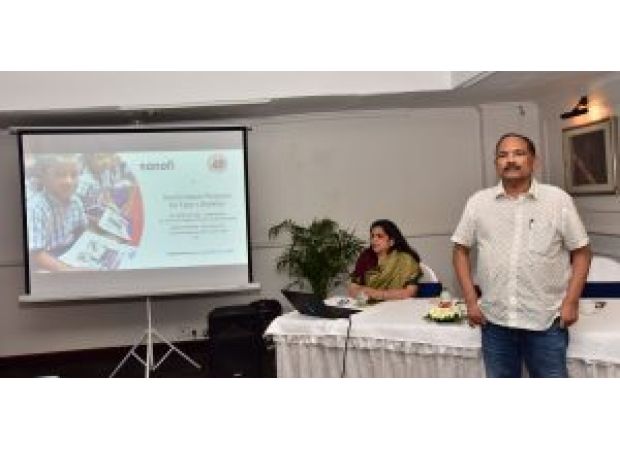A campaign to address the increasing number of people diagnosed with T1D and its effects on society.
T1D is on the rise in India, with a yearly increase of 6.7%. The RSSDI and SIL have launched a program to address this issue.

In Bhubaneswar, a recent global study has revealed that the prevalence of Type 1 diabetes (T1D) in India is rapidly increasing by 6.7% every year. To address this alarming issue, the Research Society for the Study of Diabetes in India (RSSDI) has joined forces with Sanofi India Limited (SIL) to launch a new social impact program. This program, which was launched on Thursday, aims to improve the diagnosis and care for T1D patients in the country.
During the event, representatives from RSSDI and SIL emphasized the urgent need to reduce the prevalence of hypoglycemia and hyperglycemia in T1D patients through enhanced care and management practices. The program also aims to educate patients, caregivers, and healthcare professionals, and provide them with financial support. Currently, 76 out of 1,400 enrolled children in the program are from the state of Odisha.
President of RSSDI, Rakesh Sahay, highlighted the importance of addressing the needs of the estimated 8.6 lakh T1D patients in India. He stated, “By equipping healthcare professionals and educators with the necessary tools and knowledge, the program enables timely diagnosis and appropriate diabetes management.” Aparna Thomas, SIL's senior director of corporate communications and CSR, added, “Our program is significantly improving the quality of life for children with T1D by setting standards of care for diagnosis, education, and treatment.”
Dr. Alok Kanungo, a specialist in diabetes, also spoke at the event and noted the growing trend of T1D in the country. He stressed the need for comprehensive training for healthcare professionals to effectively manage this condition. The program's ultimate goal is to restore years of healthy life for T1D patients through early diagnosis and better self-management practices.
In conclusion, the launch of this social impact program is a significant step towards addressing the increasing prevalence of T1D in India. By providing education, financial support, and better care, the program aims to improve the lives of T1D patients and help them manage their condition effectively.
2 Views



